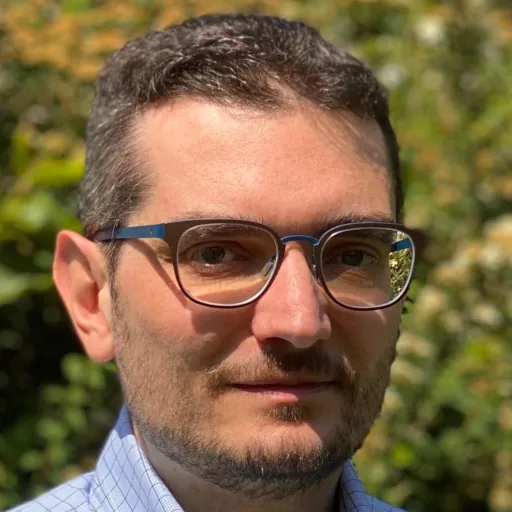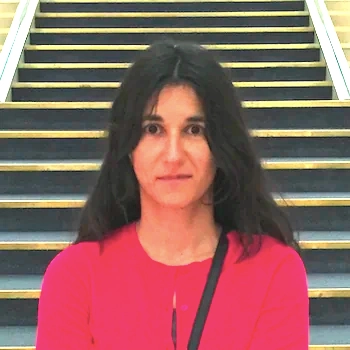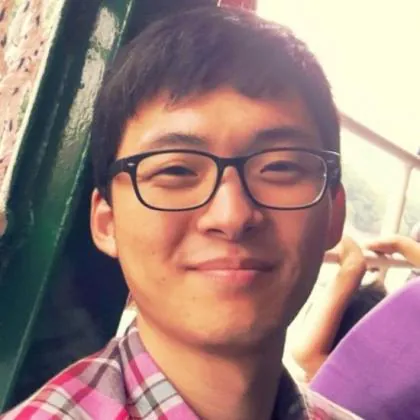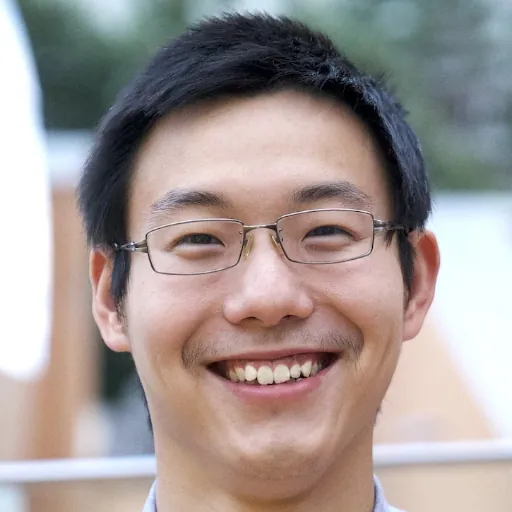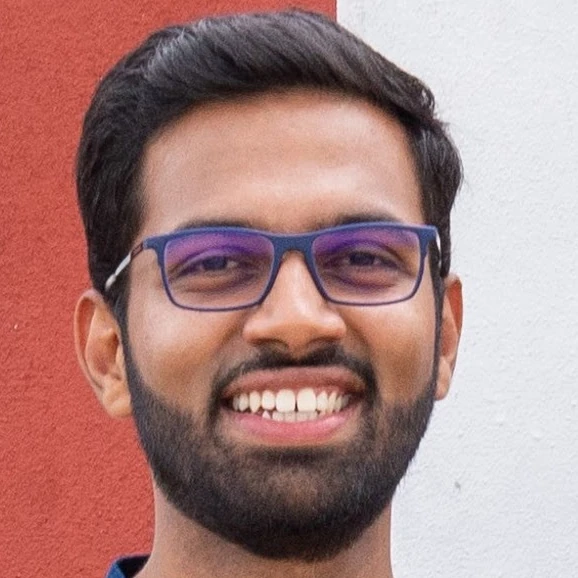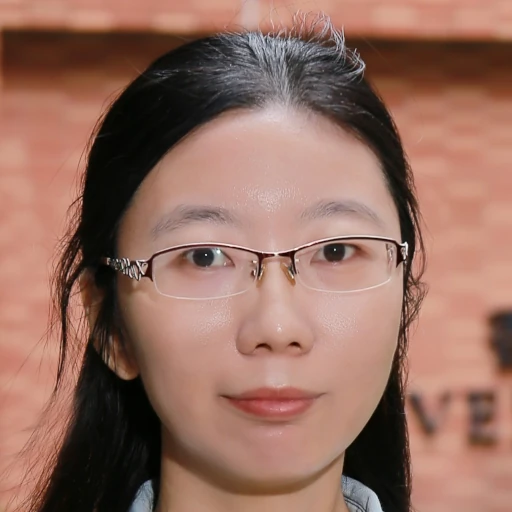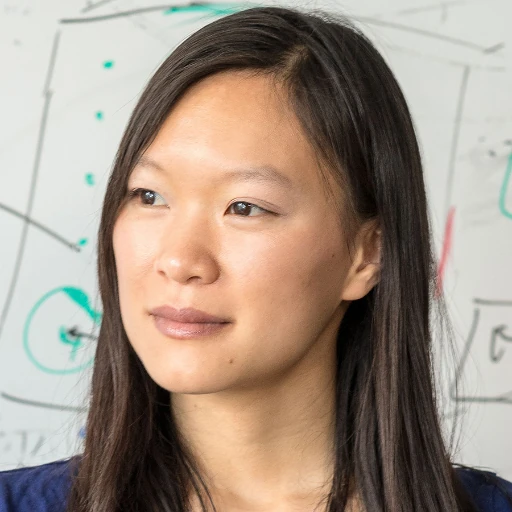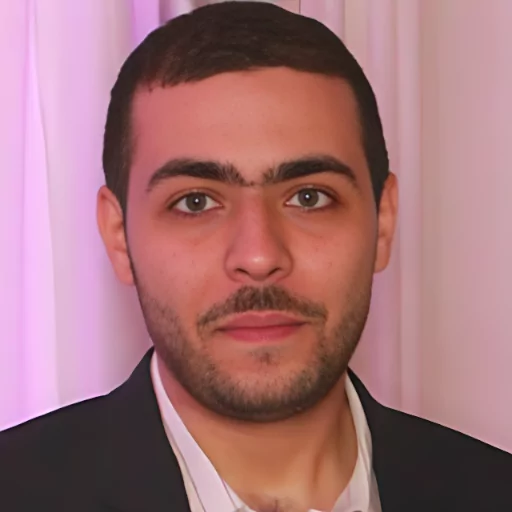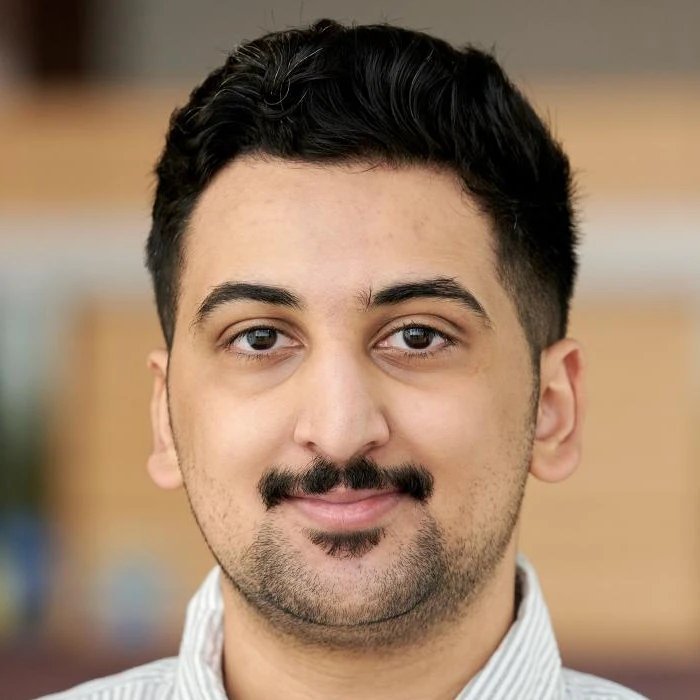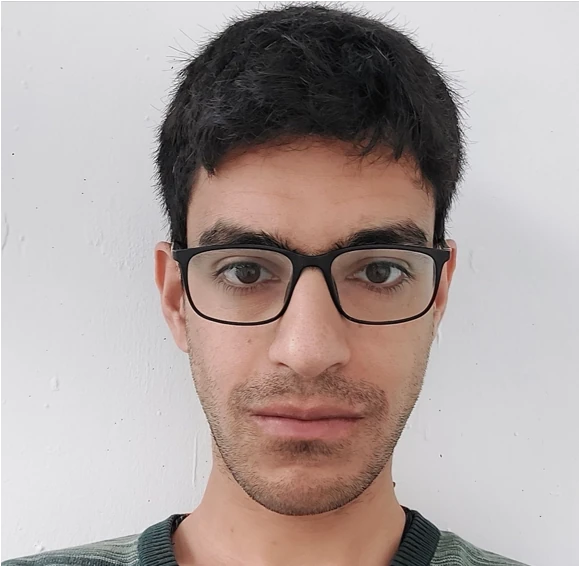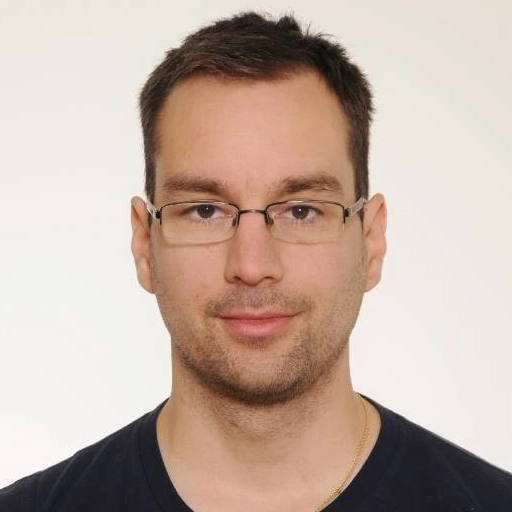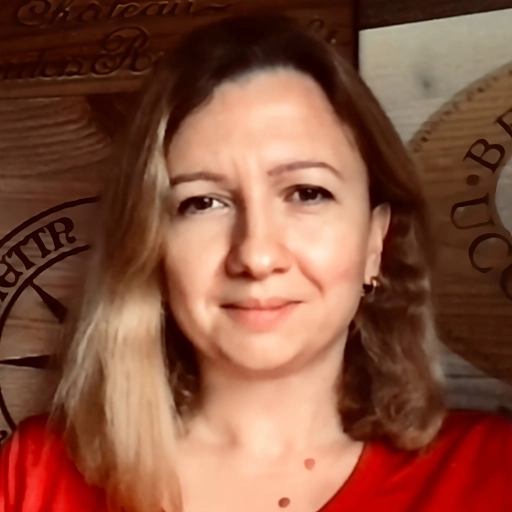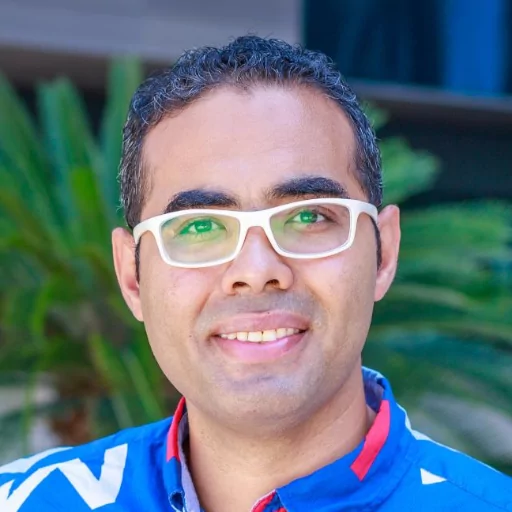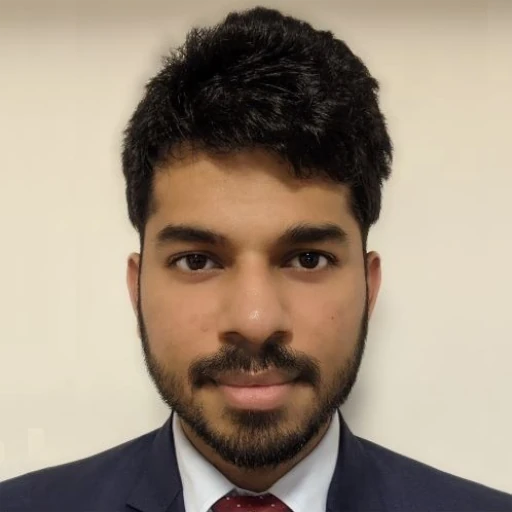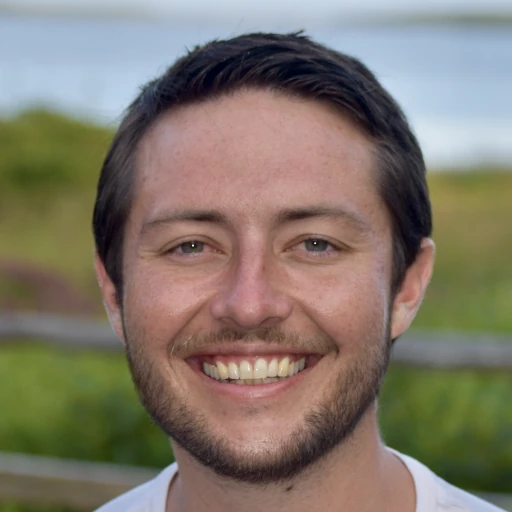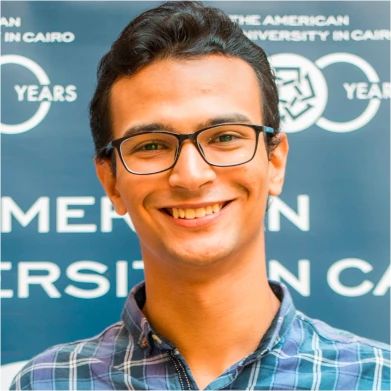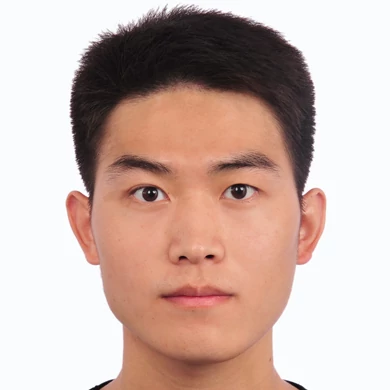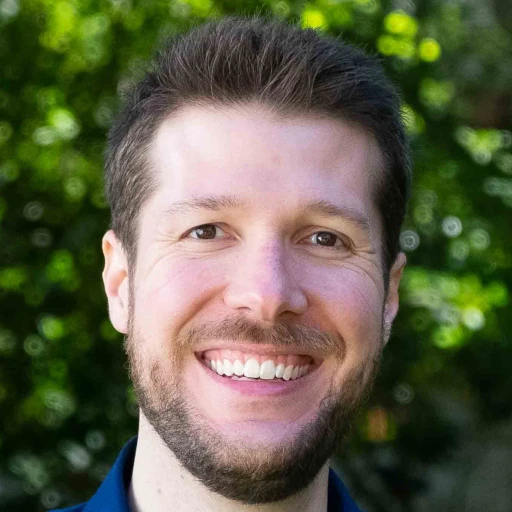08:50
Opening Remarks08:50 AM - 09:00 AM
09:00
Invited Talk 109:00 AM - 09:35 AM
Andrea Vedaldi is Professor of Computer Vision and Machine Learning at the
University of Oxford, where he co-leads the Visual Geometry Group since 2012. His
current work focuses on generative AI for 3D computer vision, for generating 3D
objects from text and images as well as the basis for image understanding. He is
author of more than 200 peer-reviewed publications in the top machine vision and
artificial intelligence conferences and journals. He is a recipient of the Mark
Everingham Prize for selfless contributions to the computer vision community, the
Test of Time Award by the ACM for his open source software contributions, and the
best paper award from the Conference on Computer Vision and Pattern Recognition.
09:35
Invited Talk 209:35 AM - 10:10 AM
Professor Katerina Fragkiadaki is an Assistant Professor in the Machine Learning
Department at Carnegie Mellon University. Her research interests lie in building
machines that can understand the stories portrayed in videos, and conversely, using
videos to teach machines about the world. The pen-ultimate goal of her work is to
build a machine that comprehends movie plots, while the ultimate goal is to develop
a machine that would prefer watching the films of Ingmar Bergman over other options.
Prior to joining the faculty at Carnegie Mellon's Machine Learning Department,
Professor Fragkiadaki spent three years as a postdoctoral researcher, first at UC
Berkeley working with Jitendra Malik, and then at Google Research in Mountain View,
where she worked with the video group. She completed her Ph.D. in the GRASP (General
Robotics, Automation, Sensing & Perception) program at the University of
Pennsylvania under the guidance of Jianbo Shi. Her undergraduate studies were
undertaken at the National Technical University of Athens, and before that, she was
in Crete.
Professor Fragkiadaki's academic journey and research interests revolve around
developing machines that can comprehend and interpret the narratives conveyed
through videos, ultimately aiming to create artificial intelligence systems that can
appreciate and engage with complex artistic works like the films of acclaimed
director Ingmar Bergman.
10:10
Coffee & Poster session10:10 AM - 10:40 AM
10:45
Invited Talk 310:45 AM - 11:20 AM
Minhyuk Sung is an assistant professor in the School of Computing at KAIST,
affiliated with the Graduate School of AI and the Graduate School of Metaverse.
Before joining KAIST, he was a Research Scientist at Adobe Research. He received his
Ph.D. from Stanford University under the supervision of Professor Leonidas J.
Guibas. His research interests lie in vision, graphics, and machine learning, with a
focus on 3D geometric data generation, processing, and analysis. His academic
services include serving as a program committee member in SIGGRAPH Asia 2022, 2023,
and 2024, Eurographics 2022 and 2024, Pacific Graphics 2023, and AAAI 2023 and 2024.
11:20
Invited Talk 411:20 AM - 11:55 AM
Jiajun Wu is an Assistant Professor of Computer Science and, by courtesy, of
Psychology at Stanford University, working on computer vision, machine learning, and
computational cognitive science. Before joining Stanford, he was a Visiting Faculty
Researcher at Google Research. He received his PhD in Electrical Engineering and
Computer Science from the Massachusetts Institute of Technology. Wu's research has
been recognized through the Young Investigator Programs (YIP) by ONR and by AFOSR,
the NSF CAREER award, paper awards and finalists at ICCV, CVPR, SIGGRAPH Asia, CoRL,
and IROS, dissertation awards from ACM, AAAI, and MIT, the 2020 Samsung AI
Researcher of the Year, and faculty research awards from J.P. Morgan, Samsung,
Amazon, and Meta.
12:00
Lunch break12:00 PM - 01:00 PM
01:00
Invited Talk 501:00 PM - 01:35 PM
Srinath Sridhar is an assistant professor of computer science at Brown University.
He received his PhD at the Max Planck Institute for Informatics and was subsequently
a postdoctoral researcher at Stanford. His research interests are in 3D computer
vision and machine learning. Specifically, his group (https://ivl.cs.brown.edu)
focuses on visual understanding of 3D human physical interactions with applications
ranging from robotics to mixed reality. He is a recipient of the NSF CAREER award, a
Google Research Scholar award, and his work received the Eurographics Best Paper
Honorable Mention. He spends part of his time as a visiting academic at Amazon
Robotics and has previously spent time at Microsoft Research Redmond and Honda
Research Institute.
01:35
Oral paper presentations01:35 PM - 03:00 PM
03:00
Challenges03:00 PM - 03:15 PM
A presentation of the 3DCoMPaT++ challenge winners and their solutions, and of the
VSIC challenge.
03:15
Coffee & Poster session03:15 PM - 04:00 PM
04:00
Invited Talk 604:00 PM - 04:35 PM
Qi Xiaojuan is an assistant professor in the Department of Electrical and Electronic
Engineering at the University of Hong Kong. She received her Ph.D. from the Chinese
University of Hong Kong and has worked and exchanged at the University of Toronto,
Oxford University and Intel Visual Computing Group. She is committed to empowering
machines with the ability to perceive, understand and reconstruct the visual world
in the open world and pushing their deployments in embodied agents.
04:35
Invited Talk 704:35 PM - 05:10 PM
Prof. Dai's research focuses on attaining a 3D understanding of the world around us,
capturing and constructing semantically-informed 3D models of real-world
environments. This includes 3D reconstruction and semantic understanding from
commodity RGB-D sensor data, leveraging generative 3D deep learning towards enabling
understanding and interaction with 3D scenes for content creation and virtual or
robotic agents.
Prof. Dai received her PhD in computer science from Stanford in 2018 and her BSE in
computer science from Princeton in 2013. Her research has been recognized through a
ZDB Junior Research Group Award, an ACM SIGGRAPH Outstanding Doctoral Dissertation
Honorable Mention, as well as a Stanford Graduate Fellowship. Since 2020, she has
been a professor at TUM, leading the 3D AI Lab.
05:15
Panel discussion05:15 PM - 06:00 PM
A panel discussion on the future of compositional 3D vision, with the invited
speakers and other experts in the field.
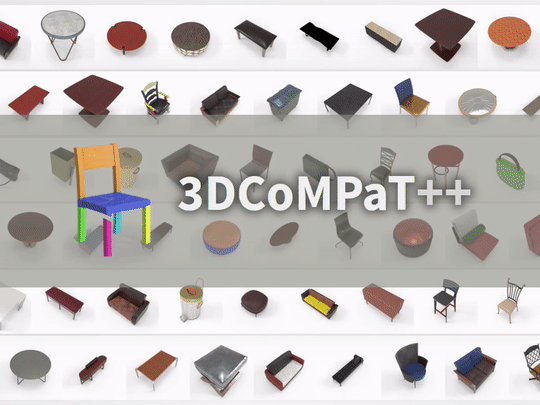
 Zoom Live Stream Link
Zoom Live Stream Link

